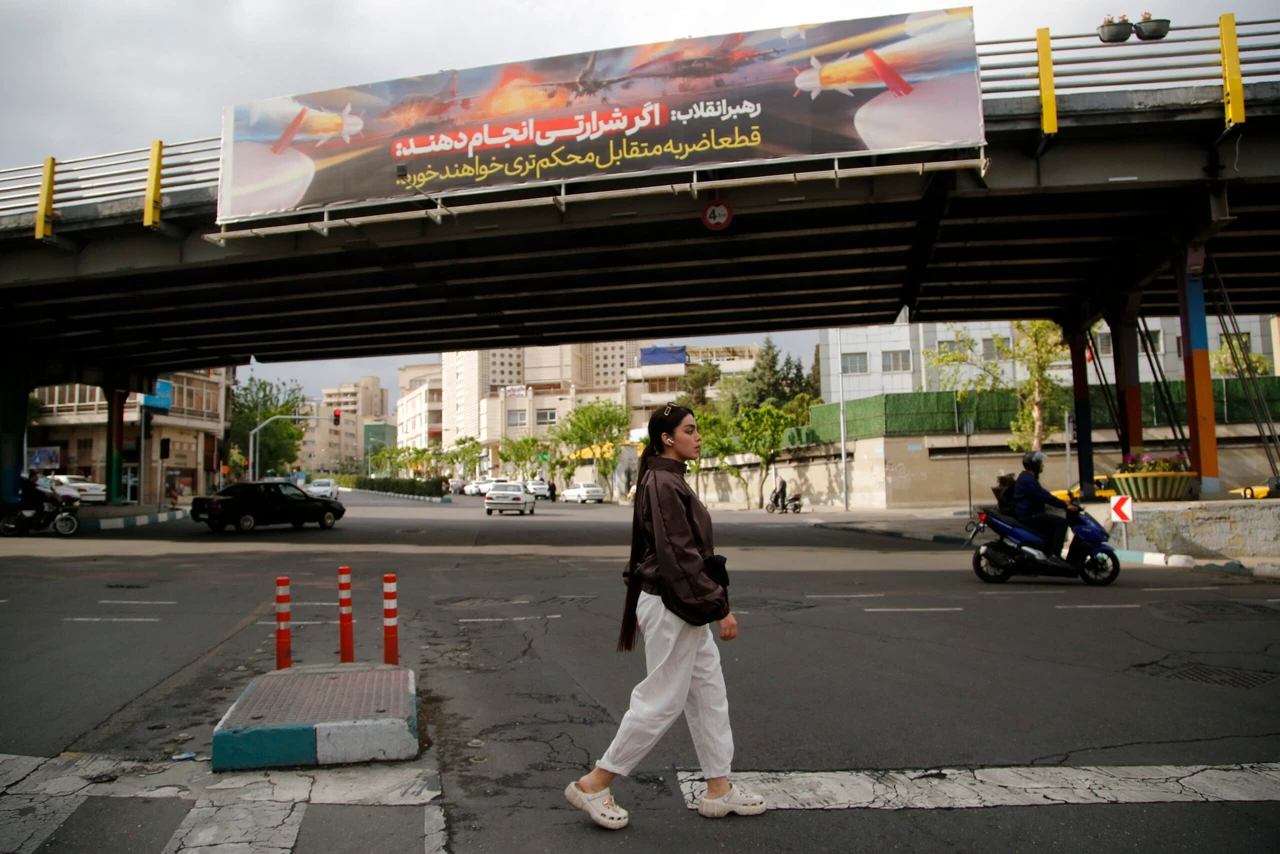Over 60 academics urge New York Times to reevaluate its Oct. 7 article
‘The impact of The New York Times story is impossible to fathom,’ academics write in a letter, urging NYT to ‘reverse some of the damage it has done to itself with its silence’
Almost 60 journalism professors jointly called upon The New York Times on Monday to reassess a contentious report it published. The report alleged that Palestinian resistance group Hamas engaged in what it termed a “pattern of rape, mutilation, and extreme brutality against women” during its Oct. 7 attack on Israel.
“The impact of The New York Times story is impossible to fathom,” the professors wrote in a letter.
“This is wartime and in the minds of many people, the Times’ story fuelled the fire at a pivotal moment when there might have been an opportunity to contain it before, as the International Court of Justice has ruled, the situation devolved into the “plausible” realm of genocide.
Considering these grave circumstances, we believe that the Times must waste no time in extending an invitation for an independent review.”
‘Screams without words’
The extensive “investigative article,” titled “Screams Without Words: Sexual Violence on Oct 7”, written by international correspondent Jeffrey Gettleman and two freelancers, accused the Palestinian resistance group Hamas of sexual assault during the raid. Doubts about its accuracy emerged shortly after publication.
Family members of one of the featured victims contested the assertion that she had been sexually abused, while inconsistencies in the testimony of other cited witnesses added to the skepticism.
The letter to the newspaper, addressed to publisher A.G. Sulzberger, executive editor Joe Kahn, and international editor Philip Pan, underscores the importance of an independent review of the discredited NYT story, which Israel reportedly utilized to garner public support for its invasion of Gaza.
‘Under a dark shadow’
The article faced scrutiny soon after publication, with investigative work attributed not only to Gettleman but also to two relatively inexperienced freelancers stationed in Israel.
Notably, one of them, Anat Schwartz, a “former Israeli air force intelligence official,” faced severance from The Times after her online endorsement of turning Gaza into a “slaughterhouse” came to light.
Various U.S. news outlets like The Intercept highlighted Schwartz’s reliance on interviews with a dodgy rescue group known for mishandling evidence and disseminating multiple false narratives about the events of Oct. 7, including debunked claims of Hamas operatives indulging in abuse.
“It is important that The New York Times clarify the processes through which these freelancers, especially Schwartz, were vetted and how their work landed on page one. It appears that extraordinary trust was invested in these individuals and The Times would benefit from publicly explaining the circumstances that justified such unusual reliance on freelancers for such an important story,” the letter said.
The letter reminded NYT of “presenting evidence of the flaws in its own reporting.”
“Doing nothing, however, and allowing a cloud of doubt to hang over this historically consequential story will ensure that all the journalism that The New York Times produces in the course of this conflict will remain under a dark shadow,” the letter concludes.
Source: Newsroom



